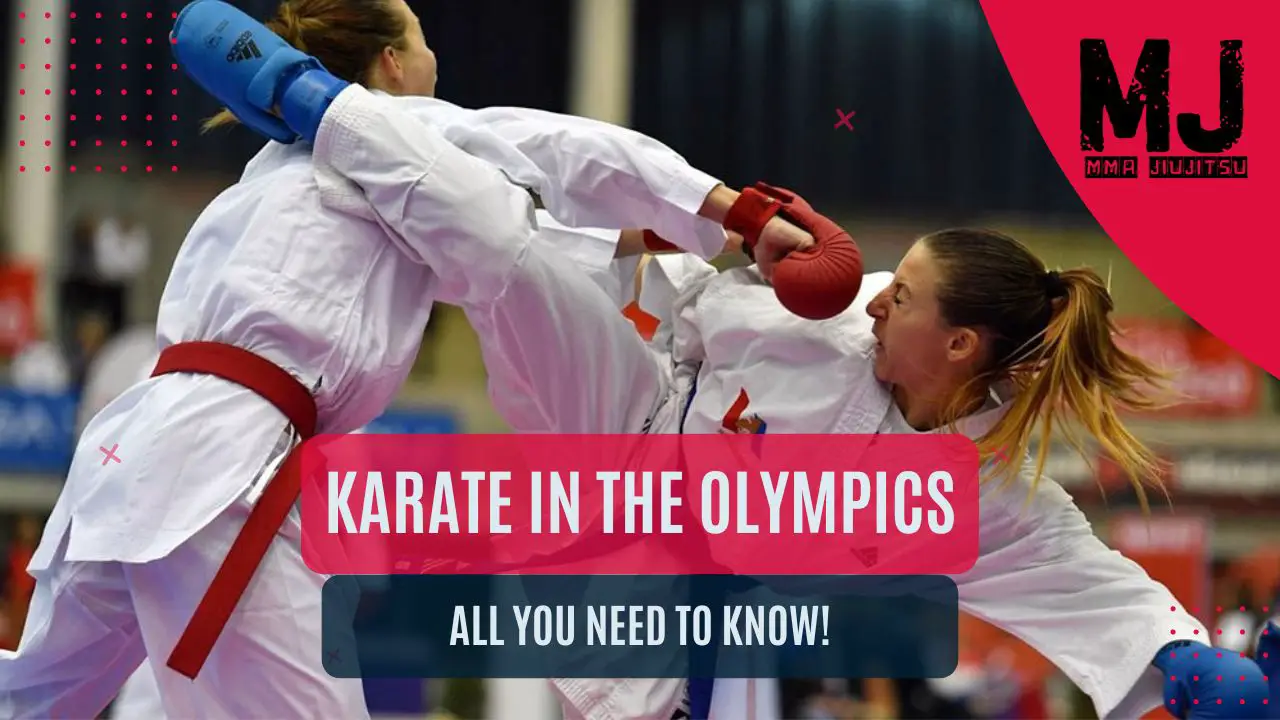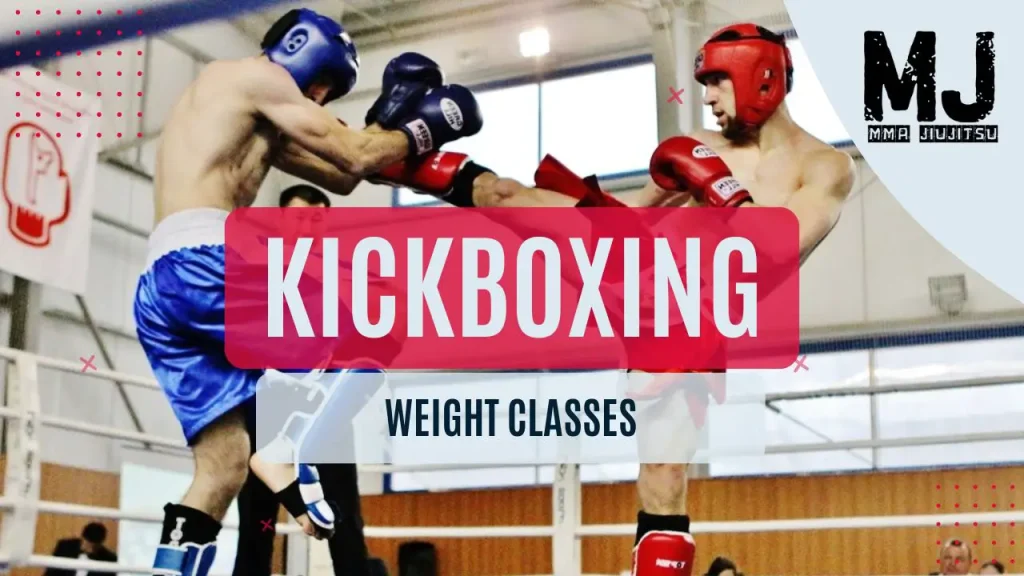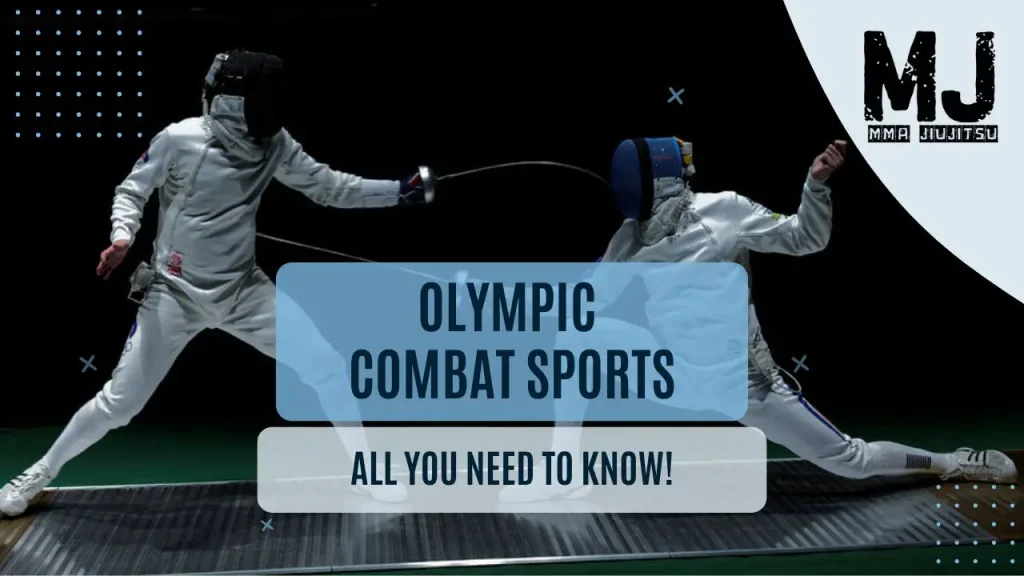Including Karate in the Olympics was a significant milestone for the sport. It represented its global recognition and the culmination of decades of effort by enthusiasts and organizations.
This article explores karate’s journey to the Olympic stage, impact, and future. Stay tuned!
History of Karate

Karate’s origins can be traced back to the Ryukyu Kingdom (now Okinawa, Japan), which evolved from indigenous fighting systems influenced by Chinese martial arts.
Over the centuries, Karate developed into various styles, such as Shotokan, Goju-Ryu, Shito-Ryu, and Wado-Ryu, each with unique techniques and philosophies.
Gichin Funakoshi, often called the father of modern Karate, played a pivotal role in spreading Karate in mainland Japan and beyond.
Today, Karate is practiced worldwide, with dojos in almost every country, reflecting its universal appeal and adaptability.
The Road of Karate to the Olympics

The journey to include Karate in the Olympics was long and challenging. Efforts began in the 1970s, spearheaded by organizations like the World Karate Federation (WKF).
Despite several attempts and lobbying, Karate faced stiff competition from other sports and varying opinions on its suitability for the Olympic format.
The breakthrough came in 2016 when the International Olympic Committee (IOC) announced Karate’s inclusion in the Tokyo 2020 Olympics.
This decision was a testament to the sport’s growing global popularity and the dedication of its advocates.
Karate 2020 Tokyo Olympics

Karate made its Olympic debut at the Tokyo 2020 Games. The competition featured two main events: Kata and Kumite.
Kata, where athletes perform predefined movements demonstrating technique and precision, and Kumite, a sparring event where competitors face direct combat.
Notable athletes included Ryo Kiyuna of Japan, Sandra Sánchez of Spain, and Sajad Ganjzadeh of Iran, who showcased Karate’s high level of skill and sportsmanship.
The inclusion of Karate in Tokyo was mainly symbolic, given its roots in Japan.
Rules and Scoring in Olympic Karate
Olympic Karate is divided into Kata and Kumite events.
In Kata, competitors perform solo routines judged on technique, strength, and fluidity. Kata routines are drawn from traditional forms passed down through generations.
In Kumite, athletes compete in timed matches, scoring points for controlled punches, kicks, and strikes to designated areas of the opponent’s body.
The scoring system emphasizes control and precision, with penalties for excessive contact.
This balance of traditional and competitive elements highlights Karate’s dual nature as an art and a sport.

Impact on the Karate Community
The inclusion of Karate in the Olympics profoundly impacted the global Karate community.
It brought unprecedented visibility and prestige to the sport, inspiring a new generation of practitioners.
Dojos reported increased enrollment and a surge in interest from media and sponsors.
However, it also sparked debates about the commercialization and competitive nature of Karate, with some purists concerned about preserving its traditional values.
Despite these discussions, the overall effect was positive, with Karate gaining recognition as a legitimate and respected Olympic sport.
Memorable Moments from Olympic Karate
The Tokyo 2020 Olympics provided many memorable moments for Karate.
Sandra Sánchez’s gold medal in Kata was historic. She became the first woman to win an Olympic title in Karate.
In Kumite, the match between Sajad Ganjzadeh and Tareg Hamedi ended dramatically when Ganjzadeh was awarded gold after Hamedi was disqualified for excessive force.
These moments, along with numerous displays of skill and sportsmanship, highlighted the excitement and intensity of Karate as an Olympic sport, leaving a lasting impression on viewers worldwide.
Future of Karate in the Olympics
Karate was excluded from the Paris 2024 Olympics despite its successful debut, leading to disappointment and renewed efforts to reinstate it in future Games.
The WKF and other advocates are working tirelessly to demonstrate the value of karate to the Olympic movement.
Potential changes include adapting the competition format and increasing engagement with the IOC and the global sports community.
The goal is to secure Karate’s place in future Olympics, ensuring its athletes can compete on the world’s biggest stage.
Conclusion
Karate, a martial art originating in Okinawa, Japan, is known for its powerful strikes, precise techniques, and philosophical underpinnings.
Karate’s inclusion in the Tokyo 2020 Olympics marked a significant milestone for the sport, reflecting its global appeal and the dedication of its practitioners.
The journey was long and filled with challenges, but the result was a celebration of Karate’s rich history and cultural significance.
While its future in the Olympics remains uncertain, the impact of its debut will resonate for years to come, inspiring martial artists and showcasing Karate’s unique blend of tradition and athleticism.
The hope is that Karate will continue to find its place in the Olympic Games, honoring its past and shaping its future.



